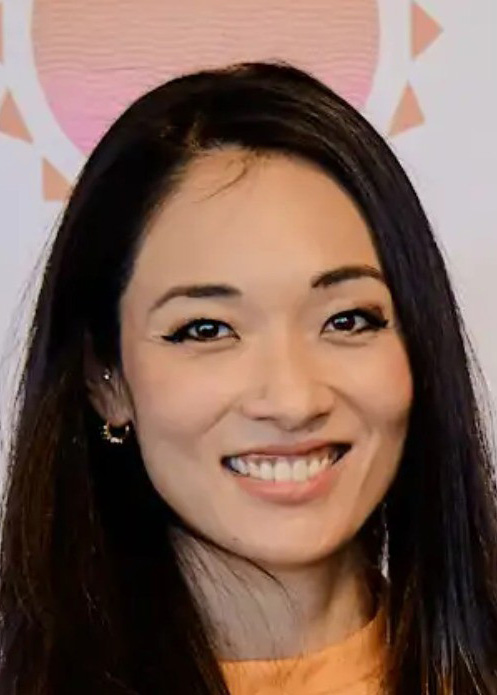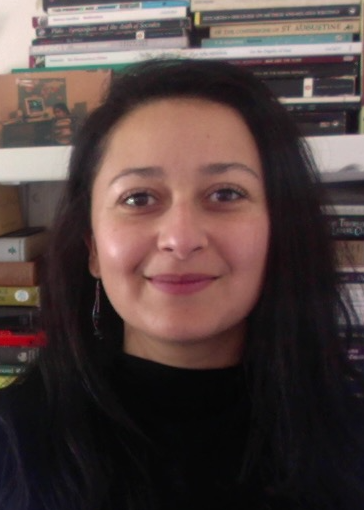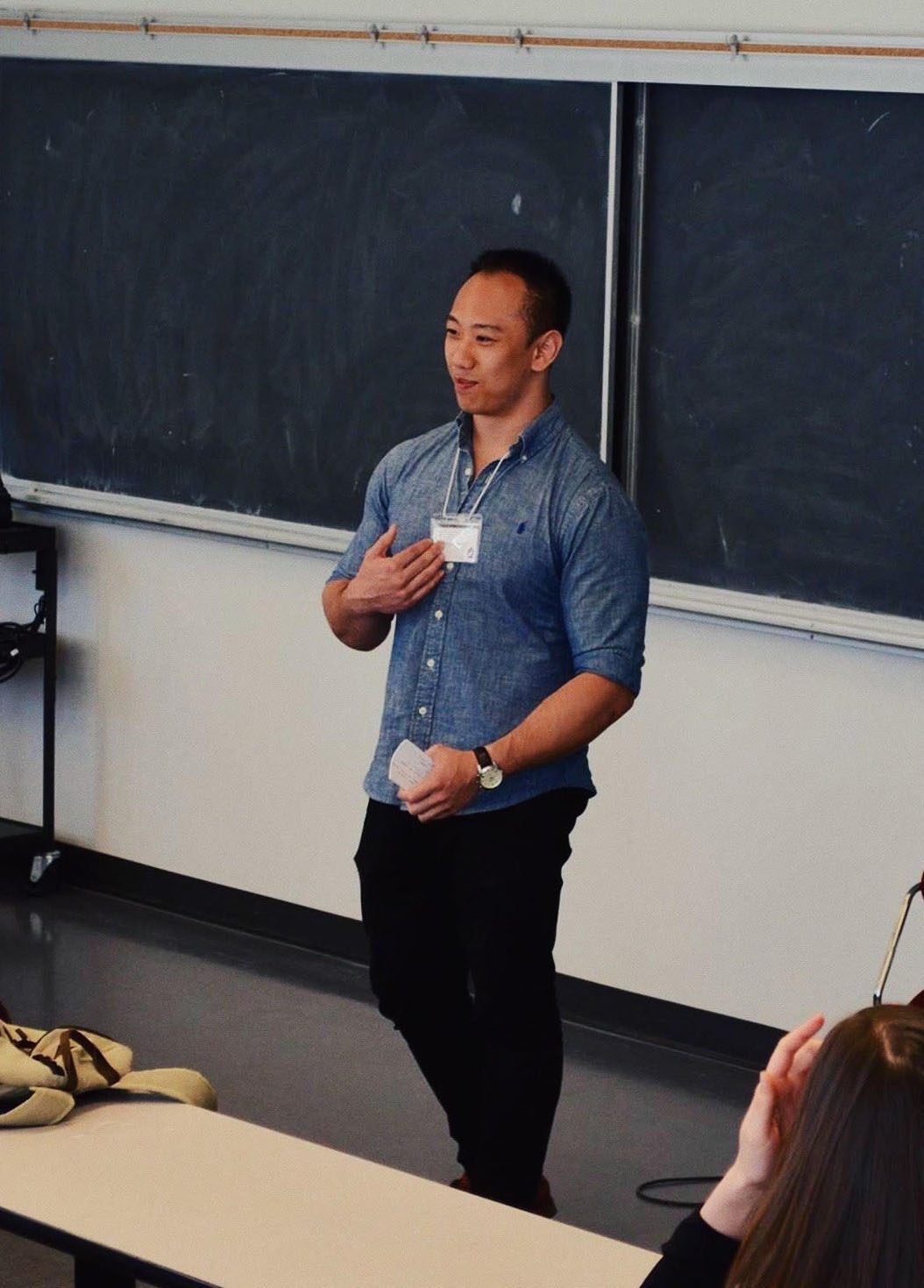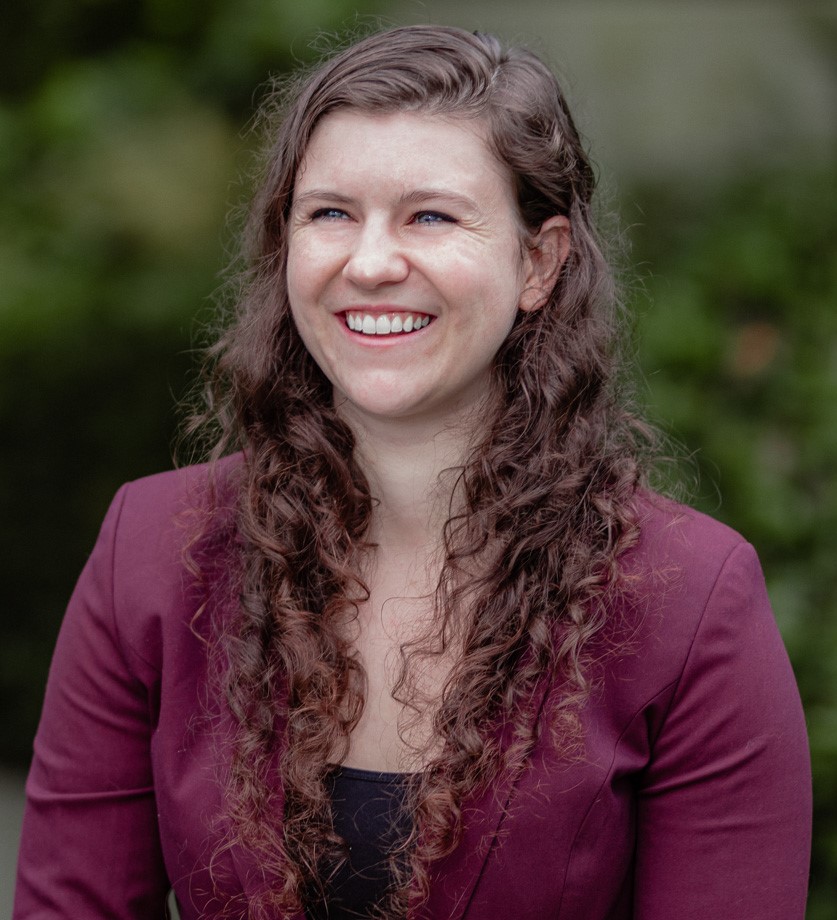Lina Zdruli
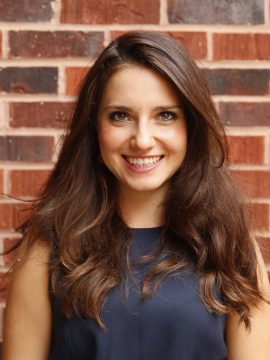
Since graduating from UBC’s International Relations program, Lina Zdruli (BA ‘14) has used her passion for entrepreneurship and technology to help tackle some of the world’s biggest challenges.
After working for the United Nations Convention to Combat Desertification, she founded VRefugees – an immersive journalism experience that tells the story of refugees travelling through Europe using virtual reality. Zdruli, who spent over 40 hours interviewing refugees for the project, says the project shows the journey of a refugee “through their eyes, with their voice, in a way that put the user in the refugees’ shoes.”
This year, Zdruli launched Dafero, a startup that employs refugee women to make paleo and sugar free sweets and spreads – a model which Zdruli hopes will provide a roadmap for companies interested in assisting refugees to become employable in local markets.
“It’s only been over the past year that I’ve realized, everything I’ve done so far can be translated to ‘business for social good’,” she says.
A frequent speaker at international conferences, Zdruli’s work has garnered attention from Forbes Magazine and a nod as a G20 Young Global Changer. In this interview she talks about the challenges of starting her own business, being comfortable with risk, and leveraging her wide-ranging UBC Arts degree.
Why did you choose your program at UBC and what did you enjoy most about it?
I took international politics with Prof. Allen Sens, and was introduced to the world of international relations for the first time. I loved the experience, the intricacies of interstate relations and especially how diverse the field is, ranging from environmental sustainability to preventing nuclear proliferation. It also allowed me to keep a broad scope for jobs afterwards and grad school.
What choices did you make at UBC that contributed to your career success / journey?
Participating in leadership programs such as World MUN, attending international conferences and panels where I had the chance to connect with high-level professionals and taking a very diverse yet applicable course load which allowed me to build a portfolio.
The International Youth Leadership Conference in Prague was the first conference I ever went to. It opened a whole new world for me. It changed my life—not only in terms of confidence but even an understanding of what I was capable of. If it’s the right conference it gives you the best network in the world.
What was your first job after graduation and what other jobs did you have before your current position?
I worked at the United Nations Convention to Combat Desertification in Bonn, Germany after graduating from UBC. They were looking for an intern with an environmental science background that had finished their masters… I had an International Relations undergrad. I thought, “I’m qualified for that.” I had published a paper on food security and I had done a lot of environmental science and food security-based courses, papers, work, and had a personal interest as well. That paper was pivotal for the job at the UN and in applying for a masters at Georgetown University.
I lived and worked in Palestine in the summer between my two years of grad school and have been working for the World Bank since graduating from my masters.
What qualities, skills, or perspectives do you think you bring to the table as an Arts / IR grad?
As an International Relations grad, on a macro level, it’s understanding how trade works. We are constantly considering which new markets to enter not just based on dietary preferences of a certain country, but also the needs of refugees and other vulnerable women in those countries. We also look at how geopolitical issues affect our supply chains and opportunities to develop new products. Most food startups don’t think of the macro level when they are still so small.
My IR experience mostly informs the social aspect. We deal with refugee women and underserved communities. Because I’ve studied international development throughout all of my undergrad and all of my masters, I understand that working with vulnerable populations is unique.
Is your current career path as you originally intended? What challenges did you face in launching your career?
I never thought I would launch my own company when I was at UBC or be able to work for international organizations.
I initially imagined I would pursue a career in research at a think tank or research institute. One of my greatest challenges has been to fit my diverse intellectual interests and practical work experience with a specialization.
Through four years at UBC I took every possible class. When I came out of it, it was by far the most general IR degree ever. I took Japanese popular culture, Japanese tea ceremony, but also an environmental science class, a nuclear proliferation class, a thinking by design class—besides the core mandatory classes.
It’s only been over the past year that I’ve realized, everything I’ve done so far can be translated to ‘business for social good.’
There are so many challenges in launching a startup. Financials—analysis, evaluation, what are your assets, how much money can you lend, all of that—that’s a challenge, but that’s learnable. The bigger challenge is in a technical business aspect. Things like operations, supply chains, logistics—those are the things I’m finding the hardest.
I highly suggest having one or two co-founders with skills that complement. If I could, I would find either a food industry expert, or a financial/process expert.
What advice would you give to students and alumni interested in breaking into your industry?
I really suggest passion, but demonstrated passion. Every paper you can get published, publish it.
Attend every conference and panel you can outside your field—you never know what new topic can change the direction of your interests, or which encounter can open a once-in-a-lifetime opportunity.
Tap into ecosystems and resources. There’s no reason to do it by yourself. That’s the best part of being a student.
Be comfortable with risk and the idea of failure. No matter what happens, you’ll have learned something.
Lina Zdruli



Since graduating from UBC’s International Relations program, Lina Zdruli (BA ‘14) has used her passion for entrepreneurship and technology to help tackle some of the world’s biggest challenges.
After working for the United Nations Convention to Combat Desertification, she founded VRefugees – an immersive journalism experience that tells the story of refugees travelling through Europe using virtual reality. Zdruli, who spent over 40 hours interviewing refugees for the project, says the project shows the journey of a refugee “through their eyes, with their voice, in a way that put the user in the refugees’ shoes.”
This year, Zdruli launched Dafero, a startup that employs refugee women to make paleo and sugar free sweets and spreads – a model which Zdruli hopes will provide a roadmap for companies interested in assisting refugees to become employable in local markets.
“It’s only been over the past year that I’ve realized, everything I’ve done so far can be translated to ‘business for social good’,” she says.
A frequent speaker at international conferences, Zdruli’s work has garnered attention from Forbes Magazine and a nod as a G20 Young Global Changer. In this interview she talks about the challenges of starting her own business, being comfortable with risk, and leveraging her wide-ranging UBC Arts degree.
Why did you choose your program at UBC and what did you enjoy most about it?
I took international politics with Prof. Allen Sens, and was introduced to the world of international relations for the first time. I loved the experience, the intricacies of interstate relations and especially how diverse the field is, ranging from environmental sustainability to preventing nuclear proliferation. It also allowed me to keep a broad scope for jobs afterwards and grad school.
What choices did you make at UBC that contributed to your career success / journey?
Participating in leadership programs such as World MUN, attending international conferences and panels where I had the chance to connect with high-level professionals and taking a very diverse yet applicable course load which allowed me to build a portfolio.
The International Youth Leadership Conference in Prague was the first conference I ever went to. It opened a whole new world for me. It changed my life—not only in terms of confidence but even an understanding of what I was capable of. If it’s the right conference it gives you the best network in the world.
What was your first job after graduation and what other jobs did you have before your current position?
I worked at the United Nations Convention to Combat Desertification in Bonn, Germany after graduating from UBC. They were looking for an intern with an environmental science background that had finished their masters… I had an International Relations undergrad. I thought, “I’m qualified for that.” I had published a paper on food security and I had done a lot of environmental science and food security-based courses, papers, work, and had a personal interest as well. That paper was pivotal for the job at the UN and in applying for a masters at Georgetown University.
I lived and worked in Palestine in the summer between my two years of grad school and have been working for the World Bank since graduating from my masters.
What qualities, skills, or perspectives do you think you bring to the table as an Arts / IR grad?
As an International Relations grad, on a macro level, it’s understanding how trade works. We are constantly considering which new markets to enter not just based on dietary preferences of a certain country, but also the needs of refugees and other vulnerable women in those countries. We also look at how geopolitical issues affect our supply chains and opportunities to develop new products. Most food startups don’t think of the macro level when they are still so small.
My IR experience mostly informs the social aspect. We deal with refugee women and underserved communities. Because I’ve studied international development throughout all of my undergrad and all of my masters, I understand that working with vulnerable populations is unique.
Is your current career path as you originally intended? What challenges did you face in launching your career?
I never thought I would launch my own company when I was at UBC or be able to work for international organizations.
I initially imagined I would pursue a career in research at a think tank or research institute. One of my greatest challenges has been to fit my diverse intellectual interests and practical work experience with a specialization.
Through four years at UBC I took every possible class. When I came out of it, it was by far the most general IR degree ever. I took Japanese popular culture, Japanese tea ceremony, but also an environmental science class, a nuclear proliferation class, a thinking by design class—besides the core mandatory classes.
It’s only been over the past year that I’ve realized, everything I’ve done so far can be translated to ‘business for social good.’
There are so many challenges in launching a startup. Financials—analysis, evaluation, what are your assets, how much money can you lend, all of that—that’s a challenge, but that’s learnable. The bigger challenge is in a technical business aspect. Things like operations, supply chains, logistics—those are the things I’m finding the hardest.
I highly suggest having one or two co-founders with skills that complement. If I could, I would find either a food industry expert, or a financial/process expert.
What advice would you give to students and alumni interested in breaking into your industry?
I really suggest passion, but demonstrated passion. Every paper you can get published, publish it.
Attend every conference and panel you can outside your field—you never know what new topic can change the direction of your interests, or which encounter can open a once-in-a-lifetime opportunity.
Tap into ecosystems and resources. There’s no reason to do it by yourself. That’s the best part of being a student.
Be comfortable with risk and the idea of failure. No matter what happens, you’ll have learned something.
